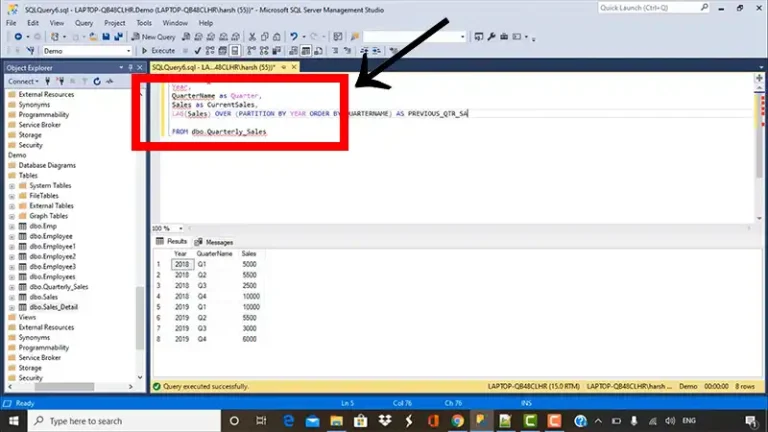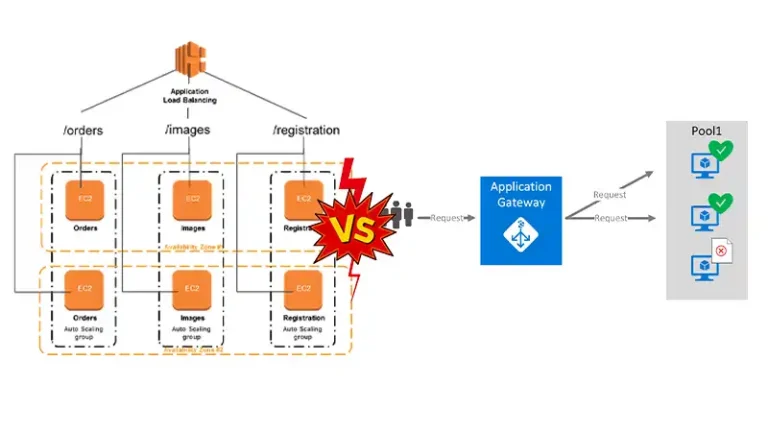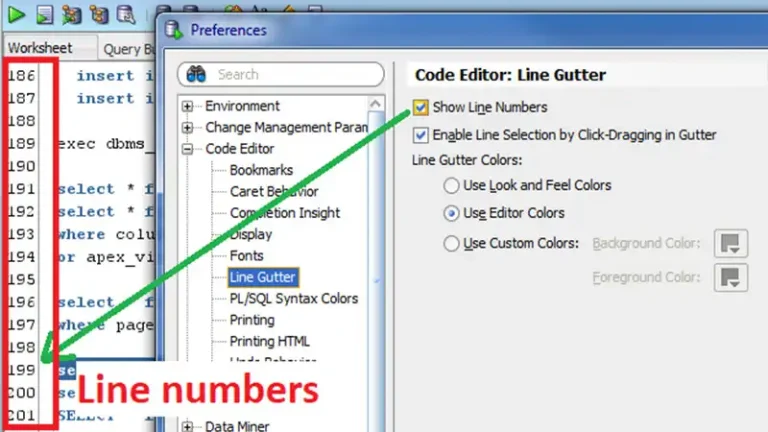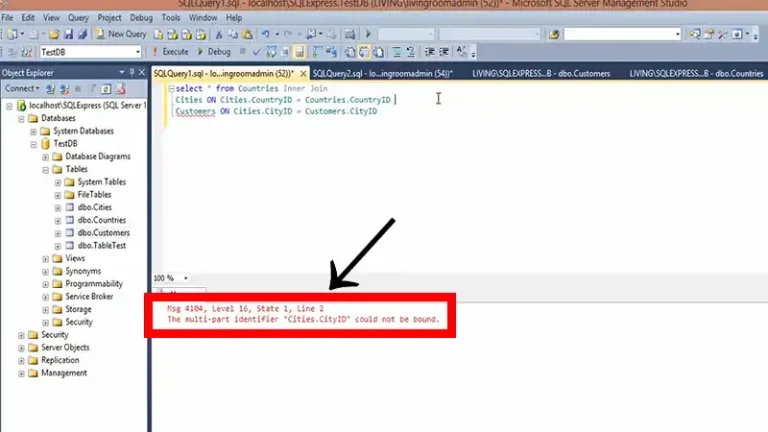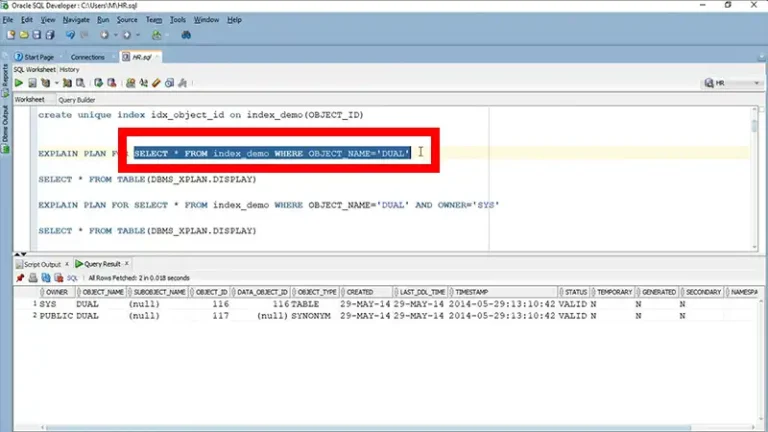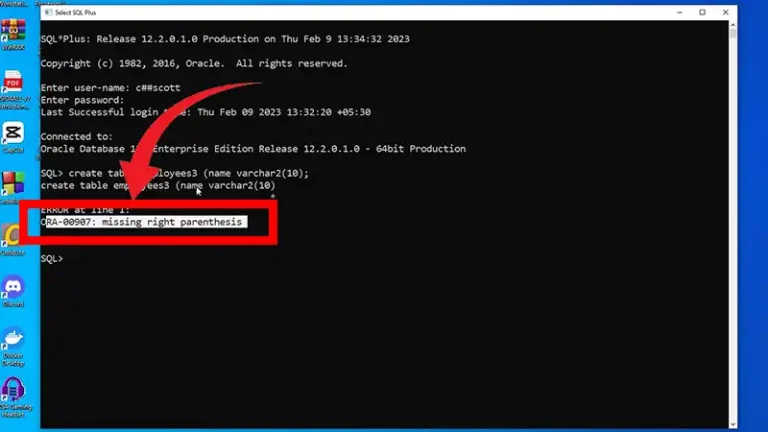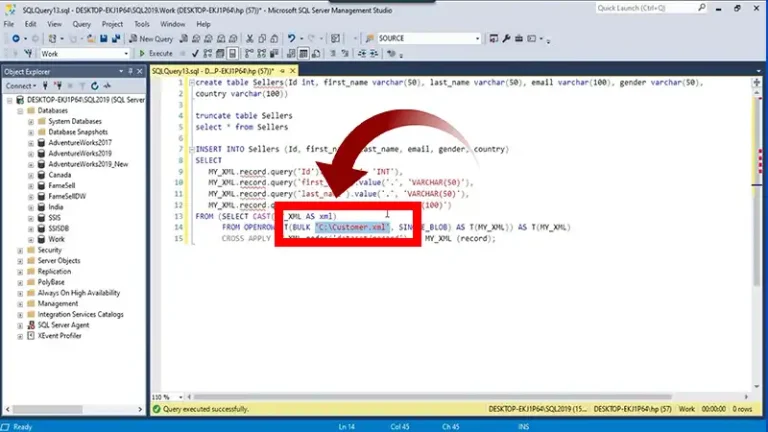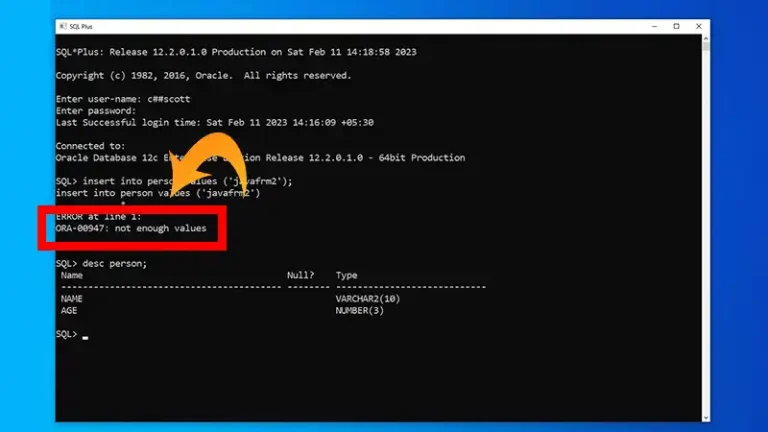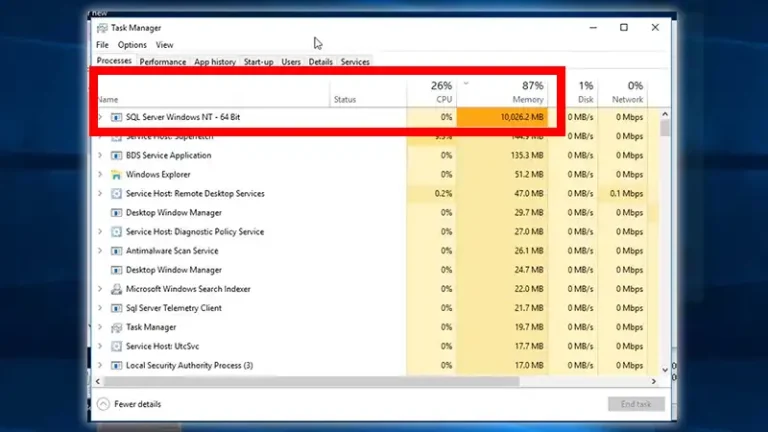How to Get Quarterly Data in SQL Server
Structured Query Language (SQL) is a powerful tool for managing and extracting data from relational databases. One common requirement in data analysis is the need to retrieve information every quarter. This article will guide you through the process of obtaining quarterly data in SQL Server, providing step-by-step instructions and best practices. How to Retrieve Quarterly…

